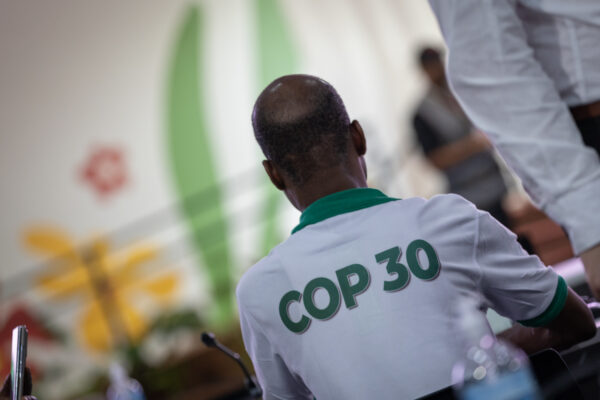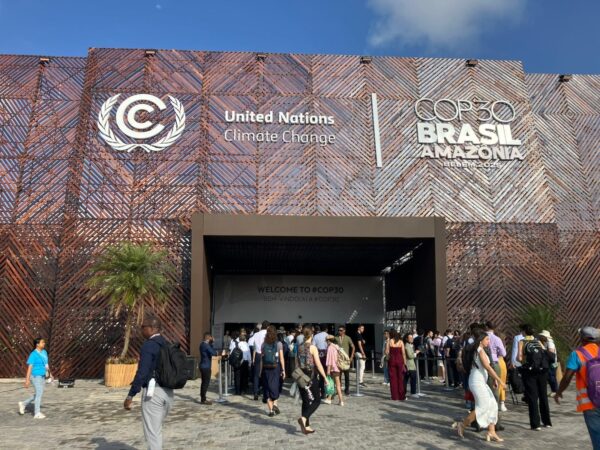Paris turning point: net zero targets would bring warming to 2.1°C
Share

However, all eyes are now on their 2030 Paris Agreement targets, all of which need to be considerably strengthened to get national emissions onto a net zero pathway.
The CAT’s new modelling takes into account announcements by China, President-elect Biden’s 2050 net zero target for the US, along with other recent net zero announcements. In total, 127 countries, responsible for around 63% of emissions are considering – or have adopted, net zero targets.
“Five years on, it’s clear the Paris Agreement is driving climate action,” said Prof Niklas Höhne of NewClimate Institute, a Climate Action Tracker partner organisation. “The Paris Agreement introduced the goal of global net zero greenhouse gas emissions, and now we’re seeing a wave of countries signing up to it. Can anyone really afford to miss catching this wave?”
“Not only is our warming projection for government climate pledges falling to just over two degrees, a level that puts the Paris Agreement 1.5˚C target within reach, but we’re also seeing a drop in projections for real world action.”
The CAT’s warming projection of its ‘current policies’ scenario has fallen from 3.6˚C in 2015 to 2.9˚C today. This drop has come from governments implementing new policies, increased use of renewable energy, a downturn in the use of coal, and lower economic growth assumptions (both prior to and because of the pandemic).
However, while 2050 pledges are welcome, none of the big emitters have strengthened their 2030 Paris Agreement targets (nationally determined contributions or NDCs) in time for this year’s deadline set by the UNFCCC.
“We see emissions continuing to rise through to 2030, which will not get them onto the kind of pathway that will allow governments to meet their ambitious net zero commitments,” said Bill Hare of Climate Analytics, the other CAT partner organisation.
“No large emitter has yet submitted a substantially updated NDC, and the emissions gap is huge. Short term targets are not a little bit off, they are totally off. Near-term action and policies need to be ramped up considerably,” he said.











